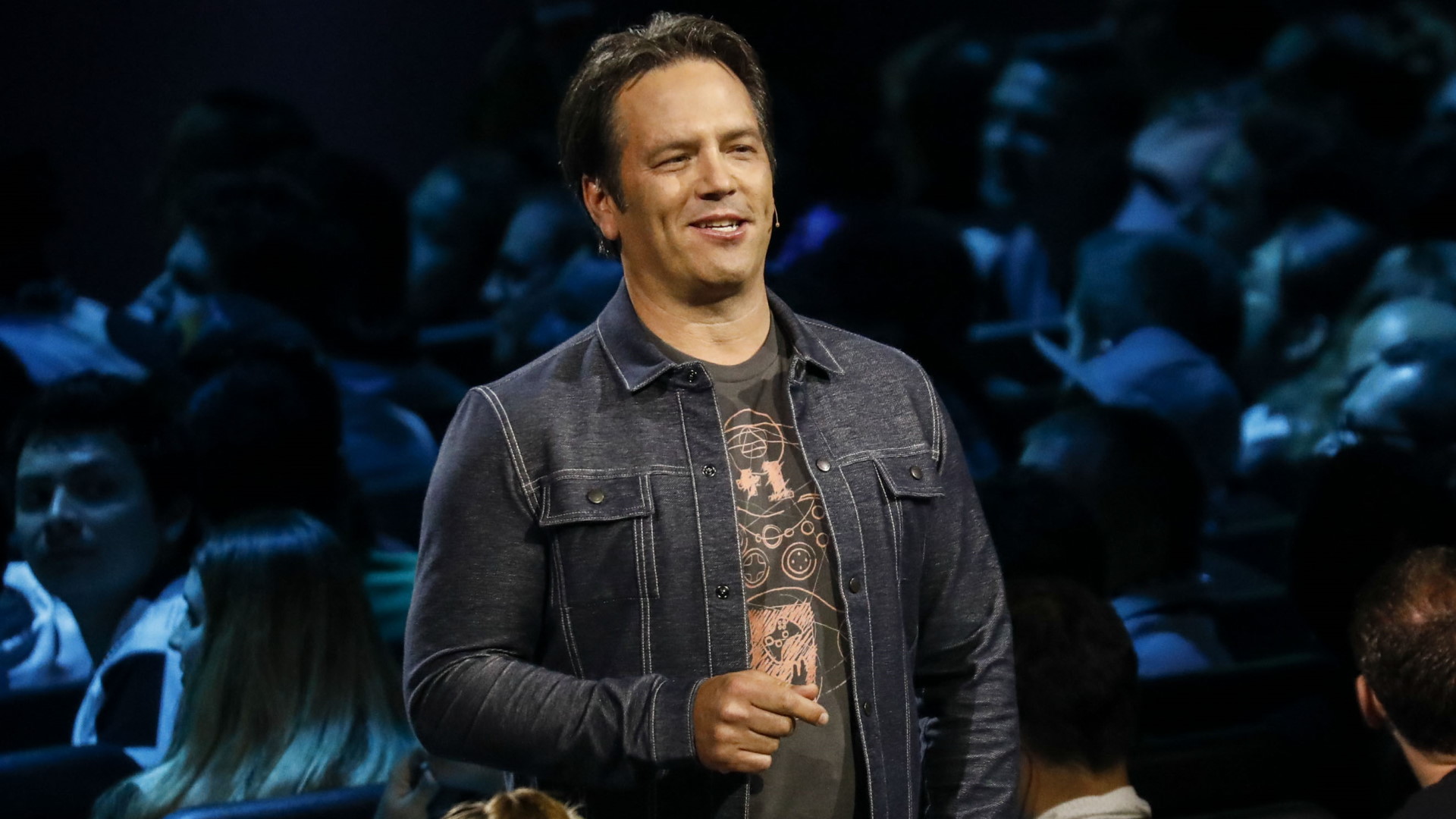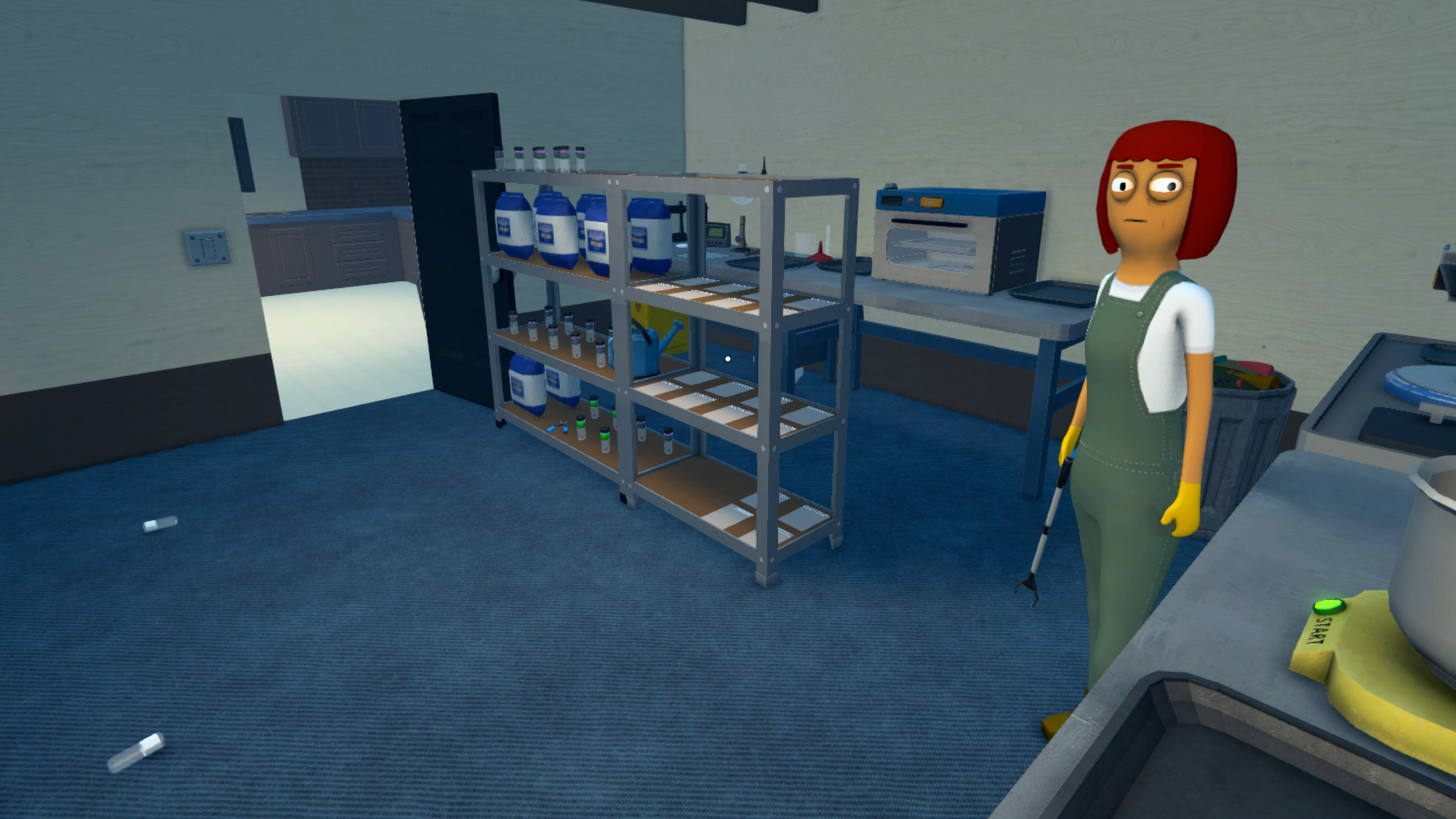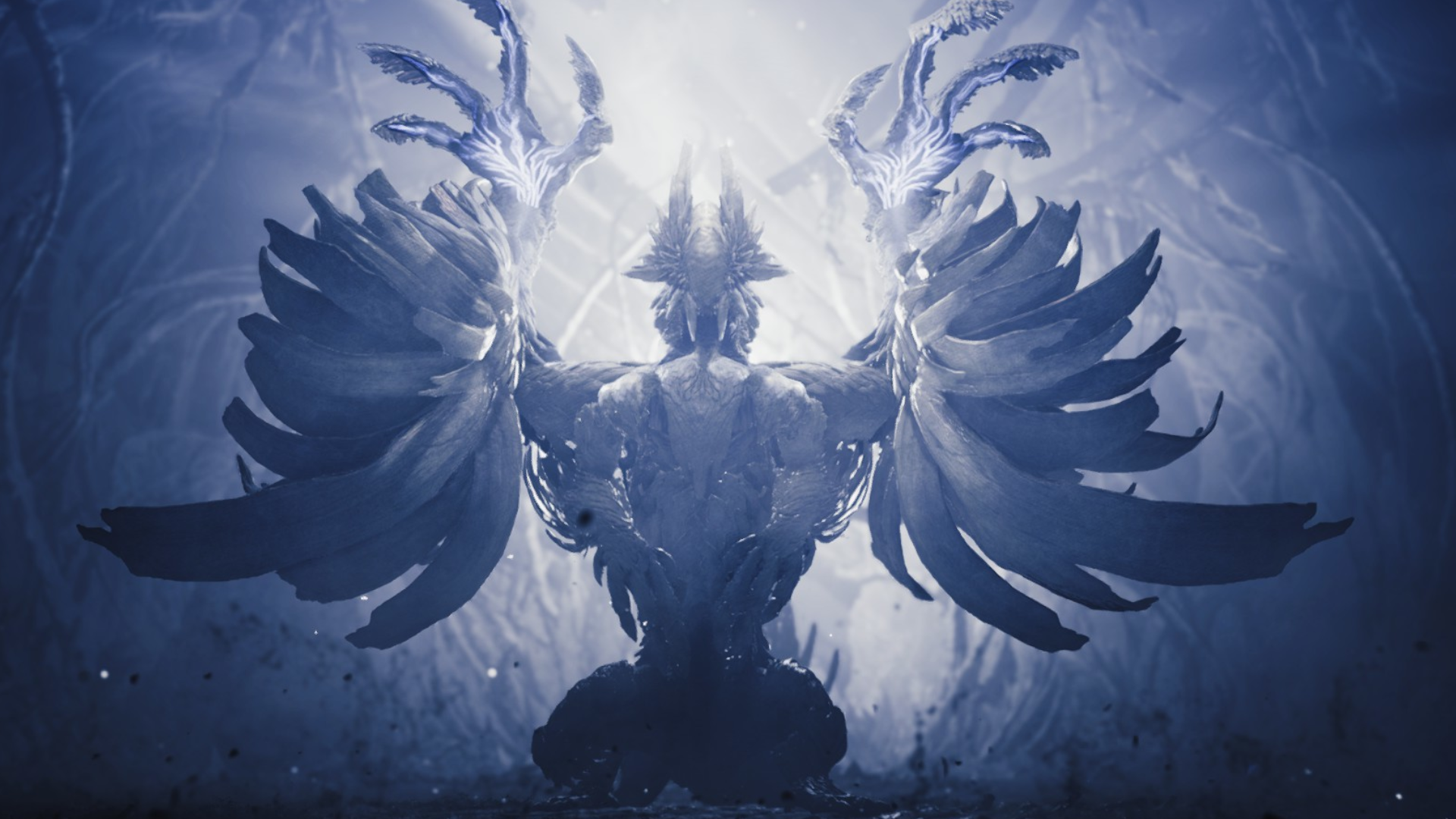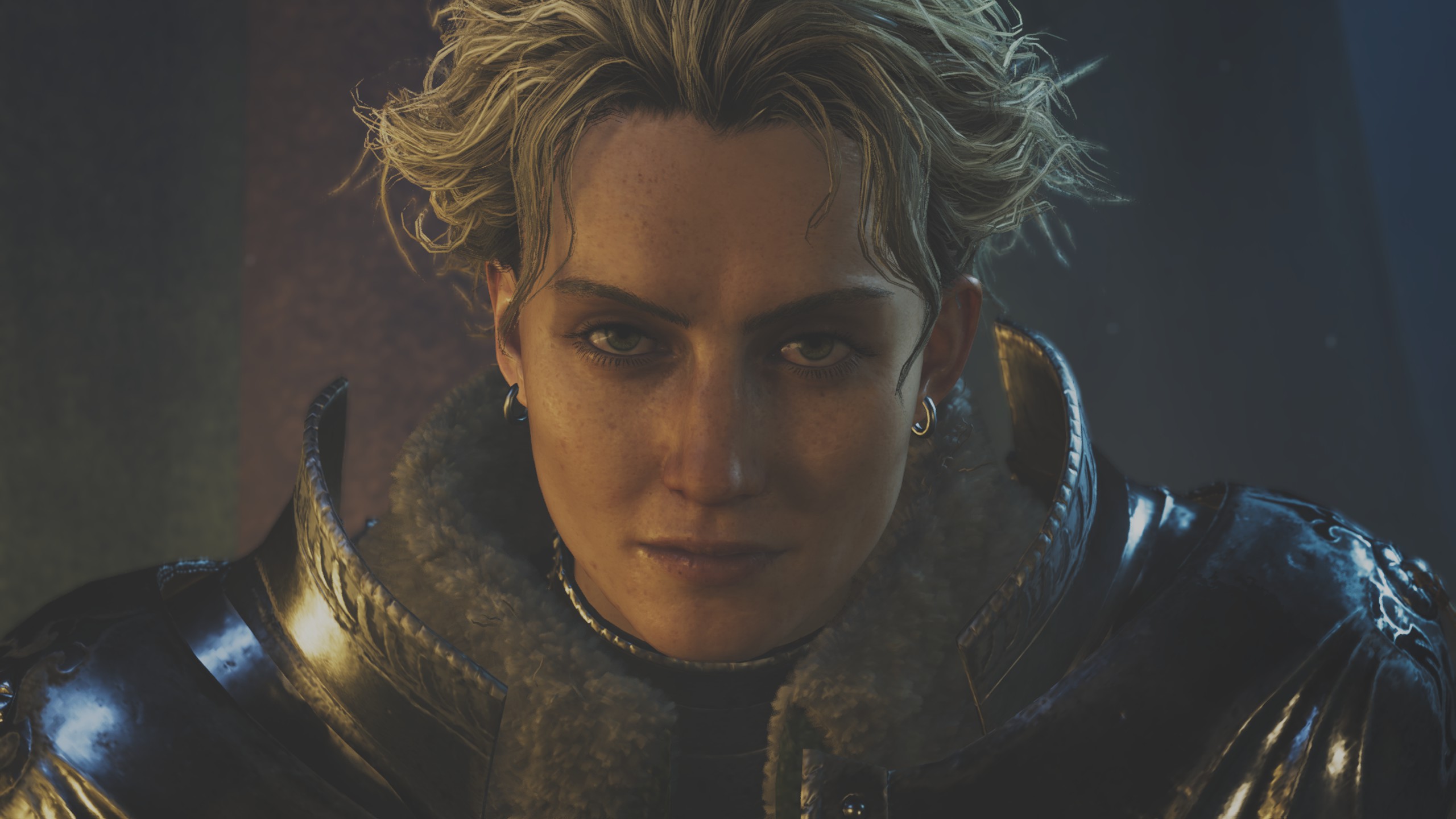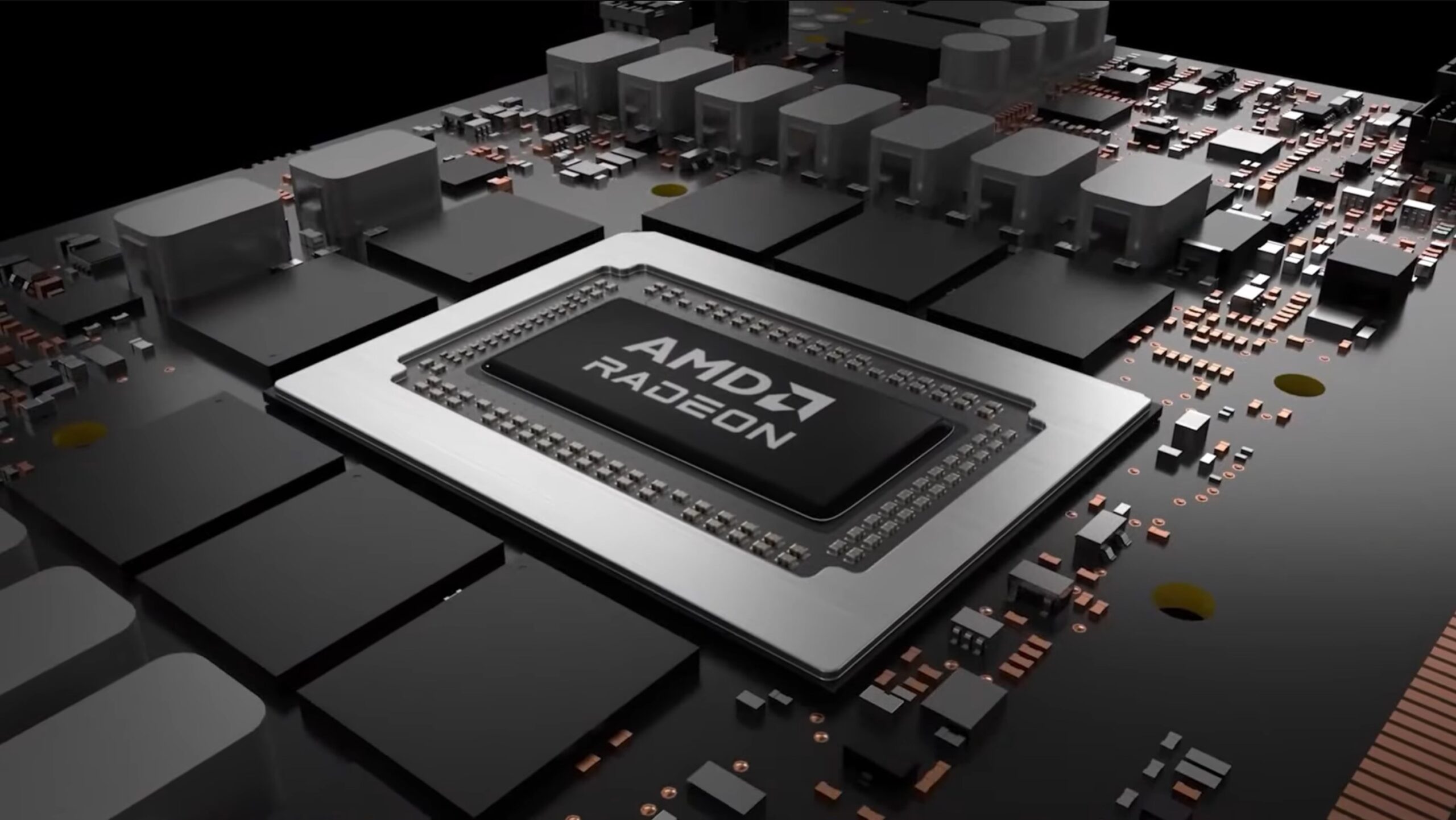The FTC and Microsoft are presently in court over the FTC’s desire to block Microsoft’s acquisition of Activision Blizzard, and as seems to happen every time a big gaming company goes to court, there’s been an accidental leak of confidential documents.
One of the documents is a 2020 email from Xbox chief Phil Spencer (via The Verge) in which he said that Nintendo is the most desirable gaming company Microsoft could acquire. Tucked into the end of that email is the comment that the Microsoft Board of Directors has seen “the full writeup on Nintendo (and Valve)” and is “fully supportive on either if opportunity arises.”
Spencer doesn’t otherwise mention Valve in the email and we don’t have the “full writeup” in question, but clearly a Valve acquisition was given considerable thought behind the scenes at Microsoft, if perhaps not as much as a Nintendo acquisition.
According to another leaked document, clipped by industry analyst Piers Harding-Rolls, Microsoft estimated Valve’s worth at $6.5 billion in 2021.
What would Microsoft buying Valve mean for PC gaming, if it happened? I shudder to think of it! As imperfect as it is to rely on competition between giants for security, Valve’s independent power has always felt like a check on Microsoft control over PC gaming. Valve built SteamOS on Linux in part as a life raft for PC gaming, should Microsoft ever go too far in locking down Windows.
There’s less tension between Valve and Microsoft these days—it’s been a while since Valve boss Gabe Newell called Windows 8 “a catastrophe,” and Microsoft has resumed releasing its games on Steam. Still, on a gut level, it’s hard to believe that this deal could really happen given all the regulatory pushback Microsoft’s faced while trying to buy Activision Blizzard, which is the reason it’s in court with the FTC right now.
A leaked 2020 email from Phil Spencer, via The Verge. (Image credit: Microsoft)
If I had to choose, though, I’d rather Microsoft bought Nintendo, because that’d probably be the fastest route to seeing Nintendo games officially release on PC, even factoring in years of regulatory challenges.
I’ve asked Valve what it thinks of Microsoft’s ambitions, and will update this article if I hear back. Last year, Newell didn’t sound too worried about Microsoft and Sony’s games industry consolidation sprees.







